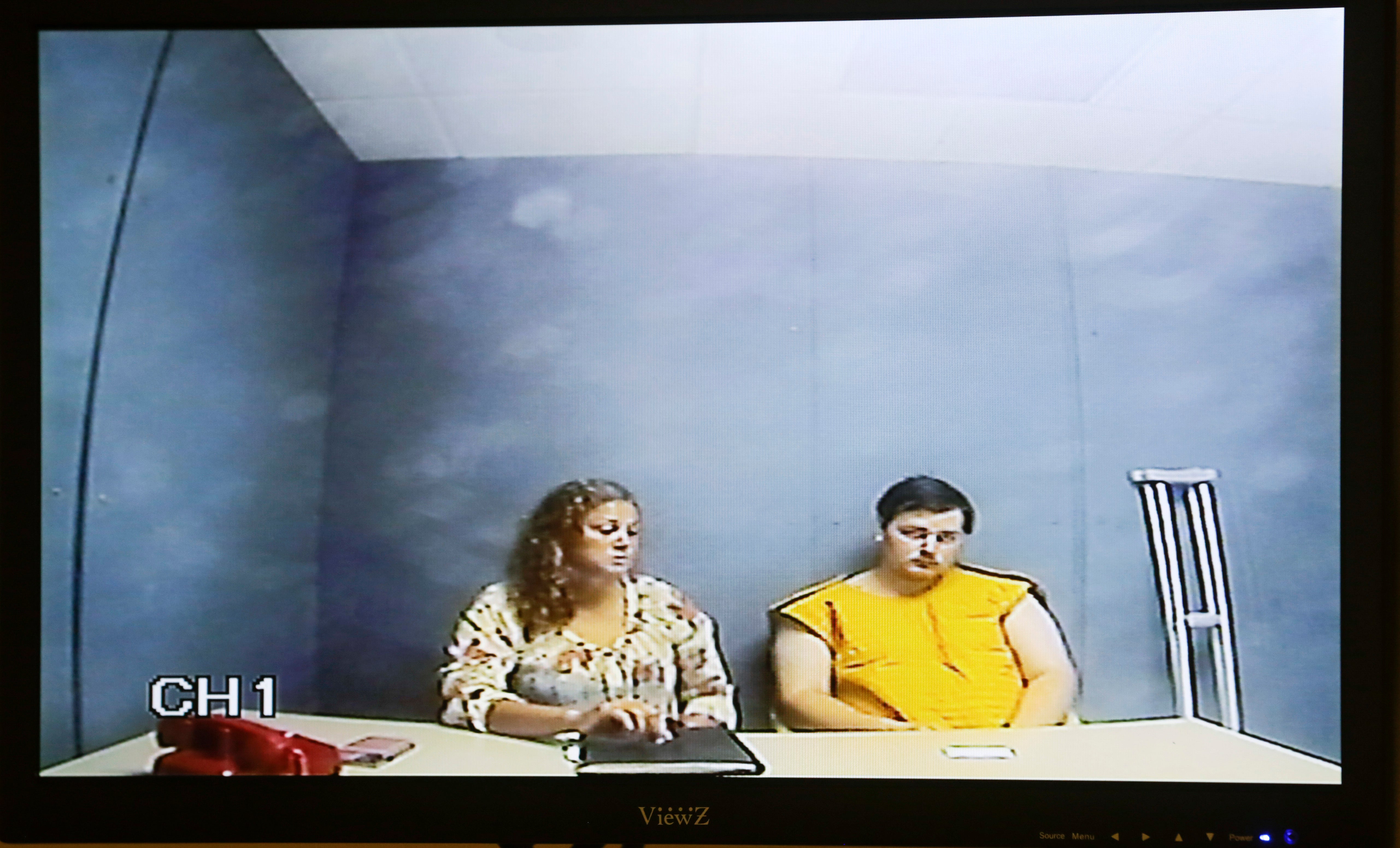Judge OKs subpoenas for Iowa murder suspect's medical files
A judge says a hospital that treated a Cedar Rapids man for a gunshot wound after he allegedly killed his parents and sister must share his medical records with prosecutors

Your support helps us to tell the story
From reproductive rights to climate change to Big Tech, The Independent is on the ground when the story is developing. Whether it's investigating the financials of Elon Musk's pro-Trump PAC or producing our latest documentary, 'The A Word', which shines a light on the American women fighting for reproductive rights, we know how important it is to parse out the facts from the messaging.
At such a critical moment in US history, we need reporters on the ground. Your donation allows us to keep sending journalists to speak to both sides of the story.
The Independent is trusted by Americans across the entire political spectrum. And unlike many other quality news outlets, we choose not to lock Americans out of our reporting and analysis with paywalls. We believe quality journalism should be available to everyone, paid for by those who can afford it.
Your support makes all the difference.Emergency responders and a hospital that treated a Cedar Rapids man for a gunshot wound after he allegedly killed his parents and sister must share his medical records with prosecutors, a judge ruled Tuesday.
Alexander Jackson 20, is charged with first-degree murder in the June 15 shooting deaths of his parents, Jan and Melissa Jackson, and 19-year-old sister Sabrina at the family's Cedar Rapids home.
Prosecutors say that after killing his family members, Alexander Jackson called 911 to falsely claim that a masked intruder had broken into the home and killed his father with an unsecured Jackson family rifle. Alexander Jackson, a University of Iowa student who had recently completed his second year, told police that the man had shot him in the foot during a struggle over the rifle.
Prosecutors say Jackson concocted the story to try to shift blame for the killings of his relatives, whose bodies were each found in different rooms of the spacious home.
The fire department and a local ambulance service responded to the home and transported Jackson to St. Luke's Hospital for medical treatment. He was discharged several hours later and charged with three counts of first-degree murder.
Prosecutors sent subpoenas to the fire department, the ambulance service and the hospital, seeking all records, audio and video recordings and other files related to Jackson's treatment.
Lawyers for Jackson asked Judge Lars Anderson to quash the subpoenas, saying they covered privileged medical records. They cited an Iowa law that says medical professionals shall not “disclose any confidential communication” in court proceedings that they obtained from their patients.
Prosecutors argued that Jackson had waived his privilege because police officers called to investigate the homicides were present when he made statements related to his injuries. Eventually, their focus shifted and Jackson became a suspect after speaking with an officer at the hospital.
Anderson sided with prosecutors in a ruling Tuesday, saying that neither Jackson nor medical personnel asked the officers to leave or to give them privacy. That means Jackson waived his privilege, he wrote, citing an Iowa Court of Appeals ruling in a similar case.
Jackson is in custody at the Linn County jail on a $3 million cash-only bond, and faces life in prison if convicted. He's expected to be formally arraigned and plead not guilty later this month.
Authorities have not revealed a motive for the slayings but say Jackson told police that his father had recently told him to get a job or move out of the home. He denied killing his family in the police interview.